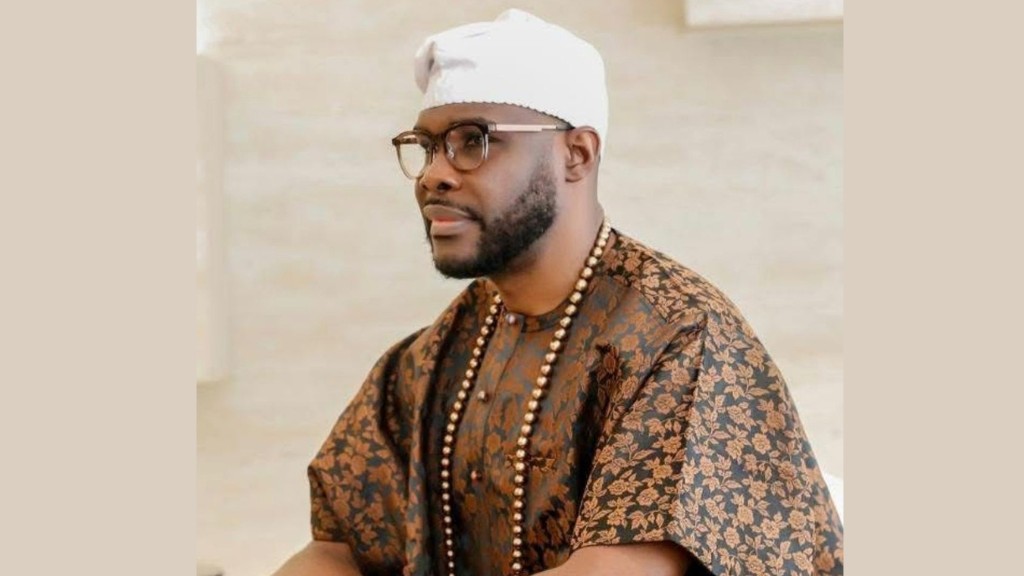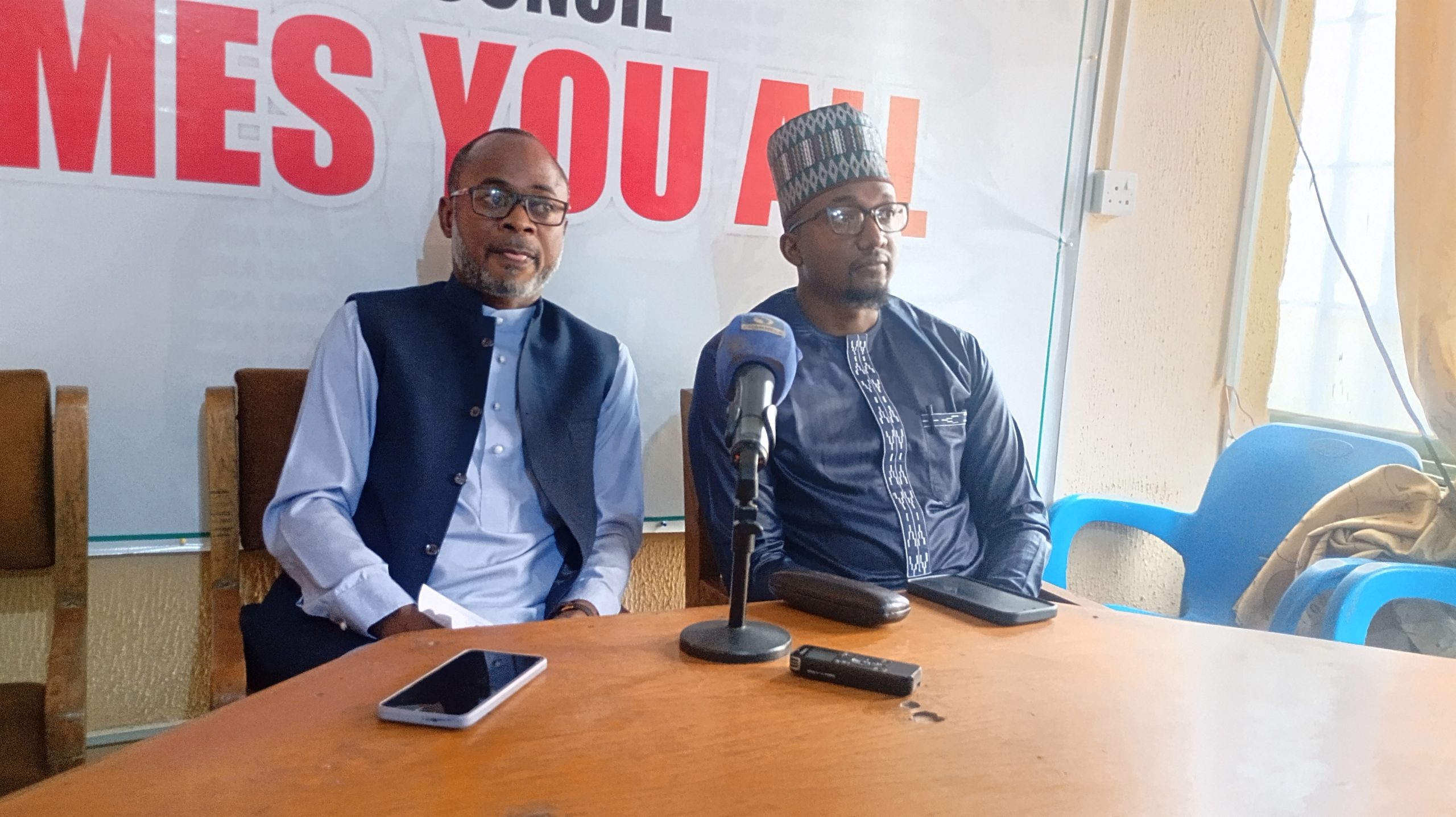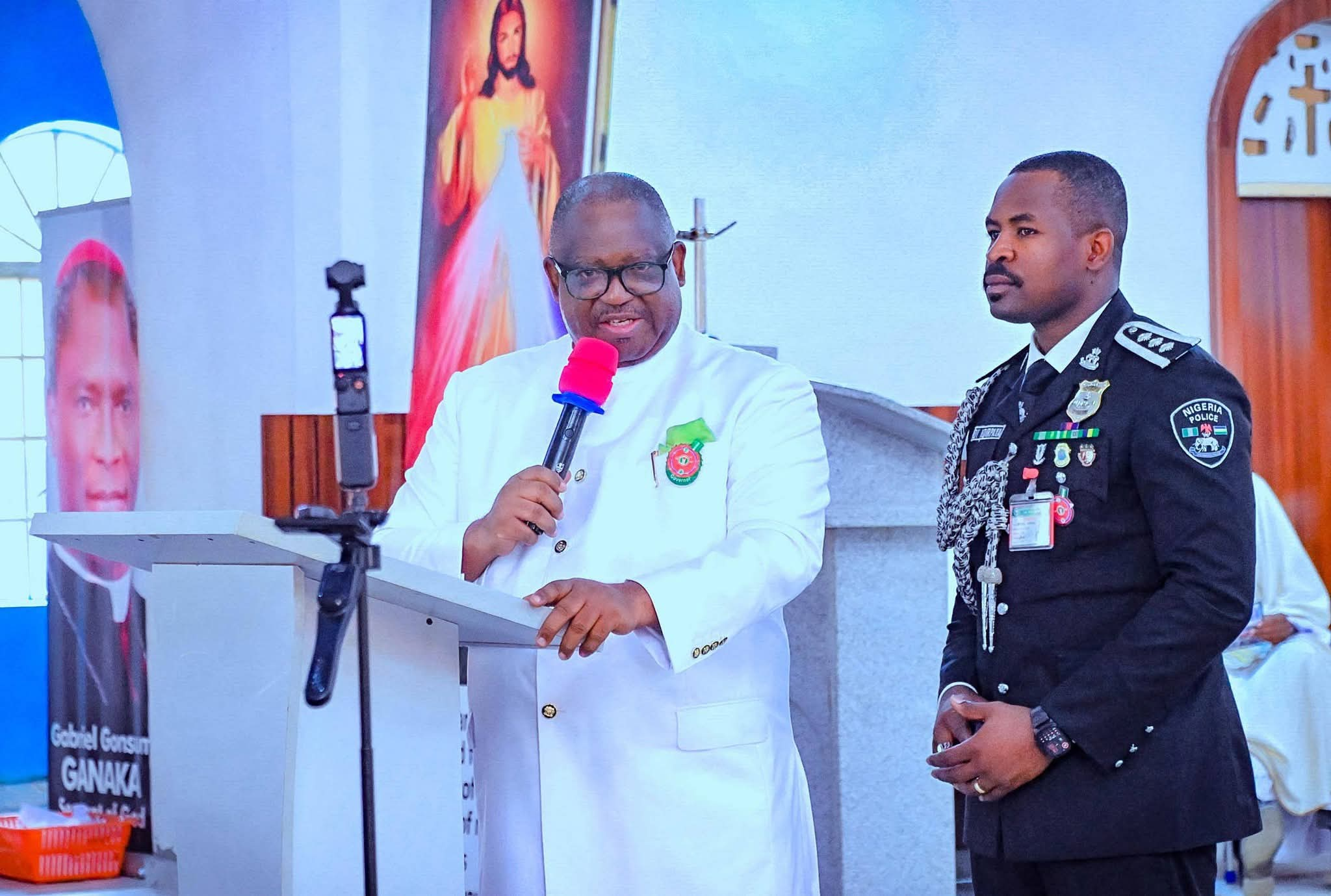BAT Nigeria has reaffirmed its commitment to driving sustainable economic growth while advocating critical export policy reforms to unlock the country’s manufacturing competitiveness.
According to a statement yesterday, the company’s commitment was contained in a key message delivered by the Managing Director, BAT West and Central Africa, Yarub Al-Bahrani, during his participation at the 2025 edition of the BusinessDay CEO Forum in Lagos.
Themed “Nigeria: From Reform to Recovery,” the forum brought together the nation’s foremost business leaders, senior policymakers, global experts, and entrepreneurs to dissect the practical impacts of Nigeria’s ongoing policy recalibration.
Participating in a panel discussion on “Driving Recovery Across Key Sectors,” Al-Bahrani emphasised that the country’s bold reforms, including foreign exchange unification, subsidy removal, and evolving industrial policies, had created both challenges and opportunities for manufacturers.”
“At BAT Nigeria, our approach is clear: adapt fast, invest deeper, and build sustainably. True recovery is not just about surviving volatility, but driving meaningful growth anchored in innovation, sustainability, and local empowerment,” he said.
While commending policy reforms that have improved transparency and market efficiency, Al-Bahrani called for urgent reforms to the Export Expansion Grant (EEG) scheme to stimulate Nigeria’s export competitiveness and liquidity.
He revealed that despite rising operational costs due to exchange rate unification, BAT Nigeria remained a net contributor to the nation’s economy with over $300 million in cumulative export sales between 2022 and 2024.
The company’s Ibadan factory, he said, serves as a regional manufacturing hub, exporting to 13 countries, including the United States, while supporting Nigeria’s external reserves.
He welcomed recent tax reforms, including the new consolidated tax framework and lower Corporate Income Tax rates expected to reach 25 per cent by 2026, which he said would enhance Nigeria’s competitiveness if well implemented.
Al-Bahrani positioned BAT Nigeria as a case study in industrial resilience, turning policy reforms into growth opportunities through adaptability, innovation, and sustainability.






